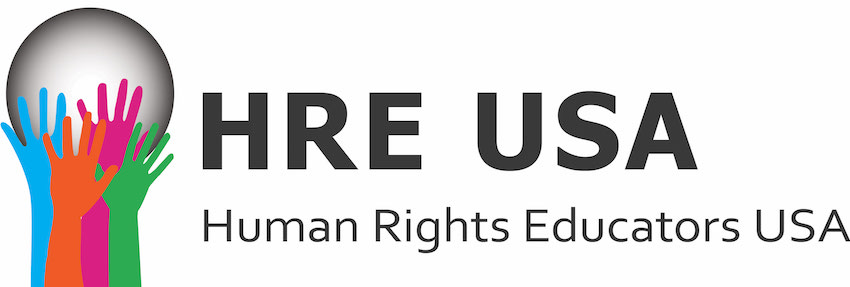The Universal Declaration of Human Rights (UDHR, 1948), the foundation document of the human rights framework, establishes in Article 25.1 that –
Everyone has the right to a standard or living adequate for the health and well-being of himself and of his family, including food, clothing, housing and medical care and necessary social services and the right to security in the event of unemployment, sickness, disability, widowhood, old age or other lack of livelihood in circumstances beyond his control.
Subsequent human rights treaties such as the International Covenant on Social, Economic and Cultural Rights (ICESCR, 1966) reaffirm this right. While the UDHR, Article 25.2 makes special provision for the welfare of women and children, this right is expanded in the Convention on the Rights of the Child (CRC, 1989) to link this right with the child’s “physical, mental, spiritual, moral and social development” and to make the state responsible to assist parents in fulfilling the child’s needs (Article 27).
However, this right remains largely unrealized worldwide, largely due to poverty, which is defined as
…a human condition characterized by sustained or chronic deprivation of the resources, capabilities, choices, security and power necessary for the enjoyment of an adequate standard of living and other civil, cultural, economic, political and social rights.[1]
According to the UN Programme for Development (UNDP), almost 1.5 billion people in 91 developing countries are living in poverty with overlapping deprivations in health, education and living standards.[2]Roughly one third of all human deaths, some 18 million annually, are due to poverty-related causes, easily preventable through better nutrition, safe drinking water, mosquito nets, re-hydration packs, vaccines and other medicines. Children under five account for nearly 60% or 10.6 million of the annual death toll from poverty-related causes.[3] (UNICEF 2005: inside front cover). At the other end of the spectrum, the 15 percent of humankind in the developed countries have 80 percent of global income.
Poverty is the direct cause of the failure to realize basic social and economic rights, such as the right to a standard of living adequate for the health and wellbeing of oneself and one’s family. The connection is more indirect in the case of civil and political rights: people living in poverty across the world are often socially excluded and marginalized from political power and processes. Their right to effectively participate in public affairs is often ignored. Desperately poor people, often stunted, illiterate, and heavily preoccupied with the struggle to survive, typically lack effective means for resisting or rewarding their rulers, who are therefore likely to rule them oppressively while catering to the interests of other, often foreign, agents (governments and corporations, for instance) who are more capable of reciprocation.
Even though the globalization of the world economy has provided new opportunities for all countries, many countries that are not able to compete are being left behind and marginalized, thus exacerbating poverty and seriously aggravating global inequality.[4]
Related Documents:
- Universal Declaration of Human Rights (UDHR, 1948)
- International Covenant on Economic, Social, and Cultural Rights (ICESCR, 1966)
[1] “Poverty and the International Covenant on Economic, Social and Cultural Rights” (E/C.12/2001/10).
[2] UN Development Programme, Human Development Report, 2014, http://hdr.undp.org/en
[3] UNICEF 2005, inside front cover
[4] For a more detailed discussion of freedom from poverty, see Understanding Human Rights: Manual on Human Rights Education, p. 95: http://www.etc-graz.at/typo3/fileadmin/user_upload/ETC-Hauptseite/manual/versionen/english_3rd_edition/Manual_2012_FINAL.pdf.
